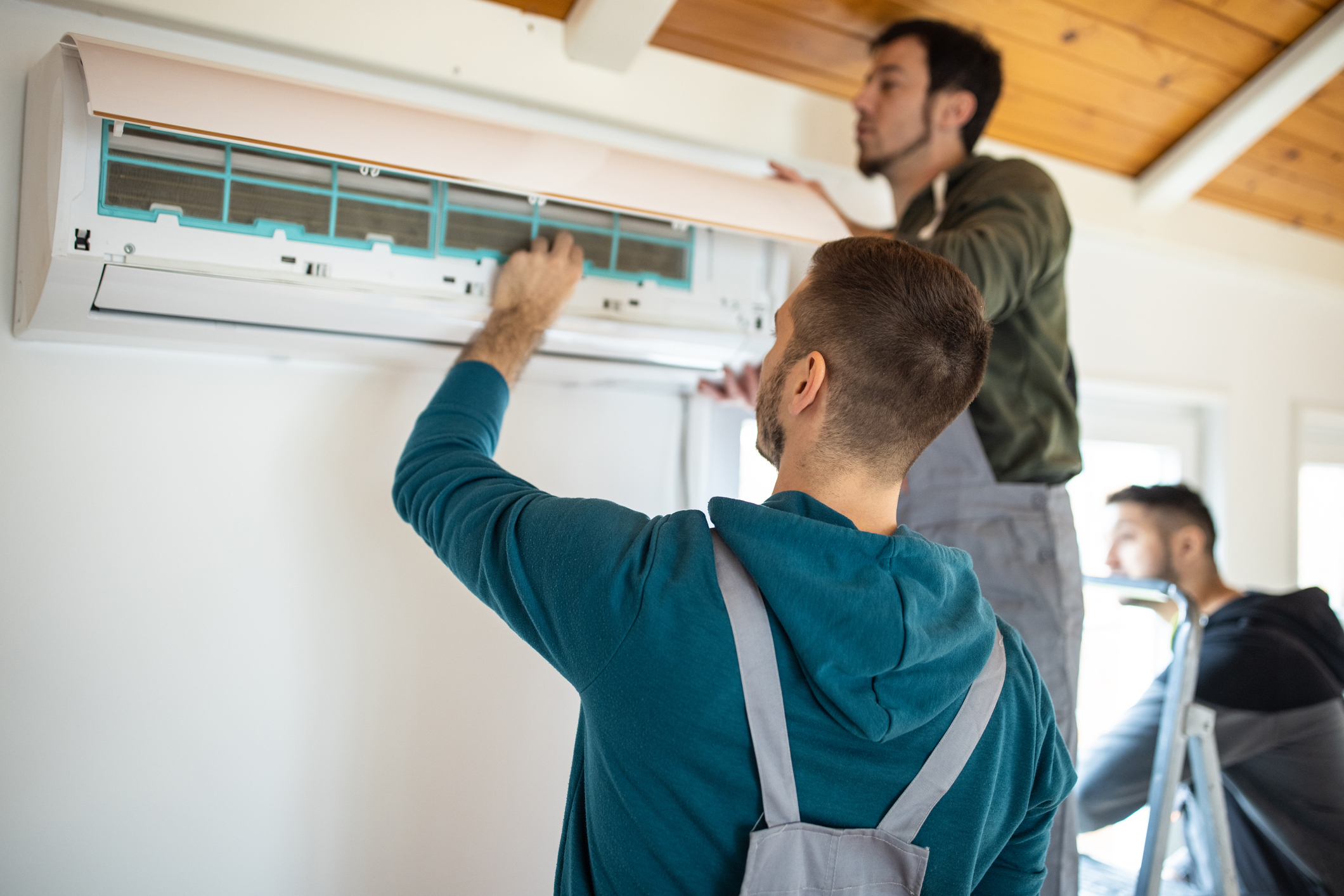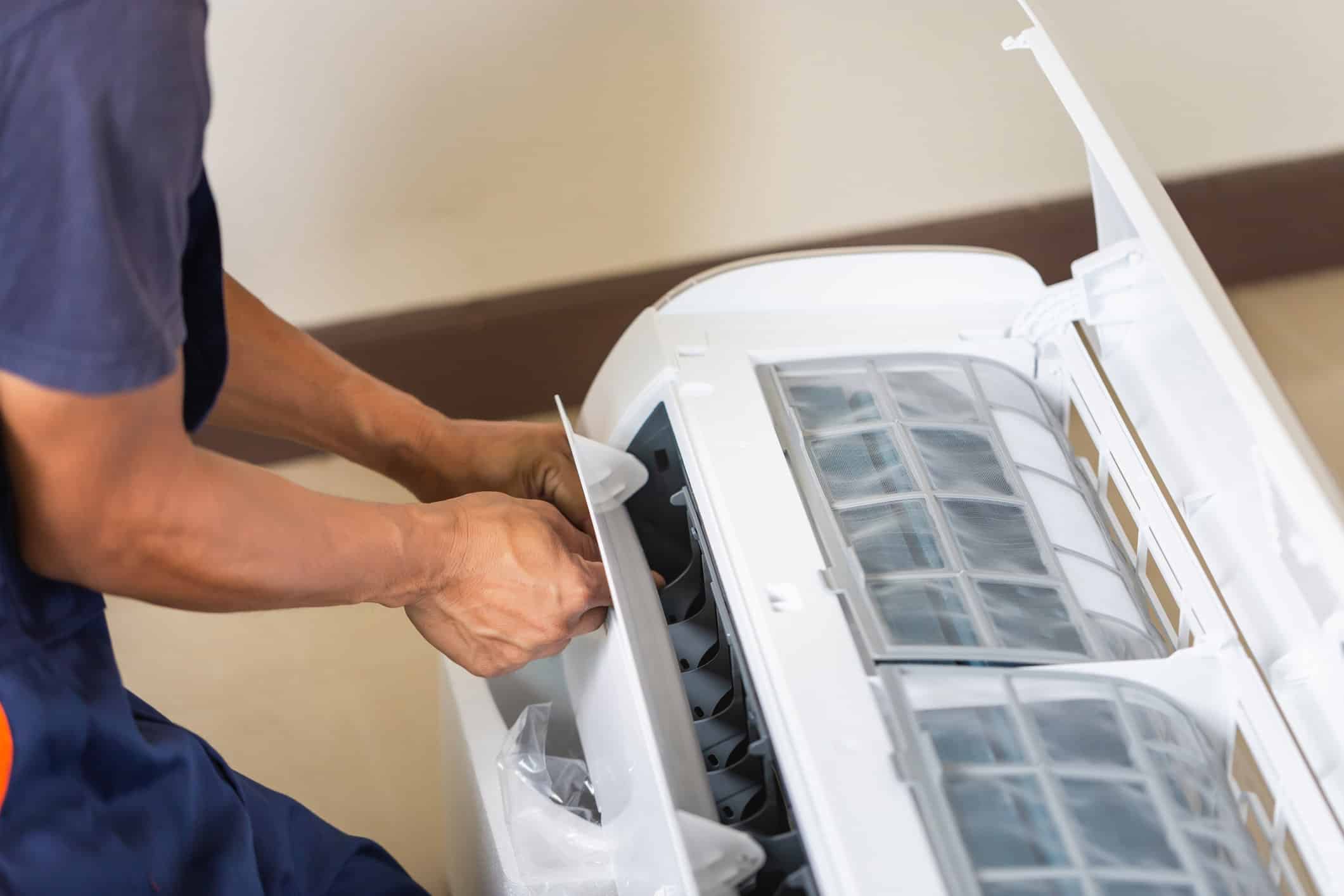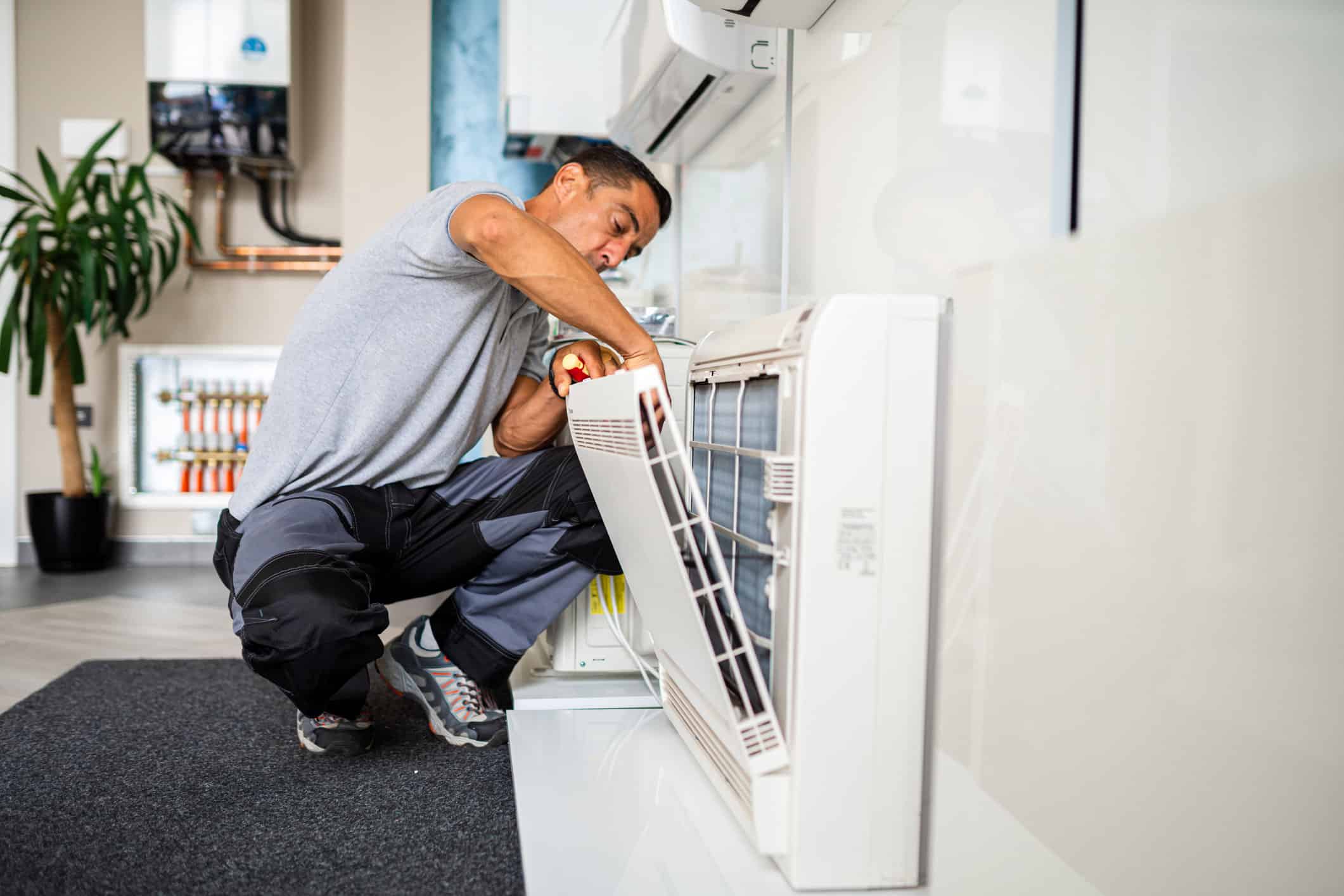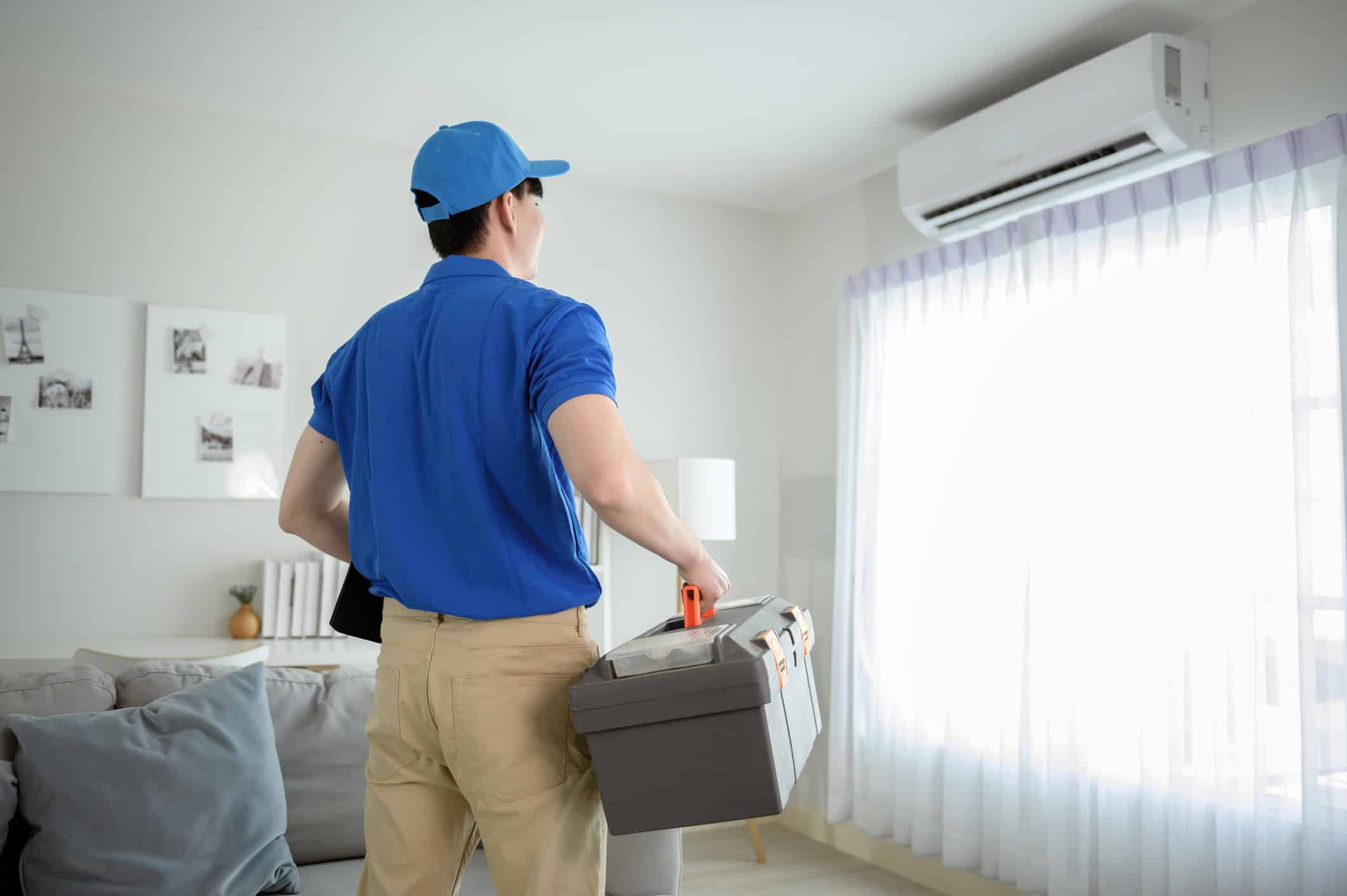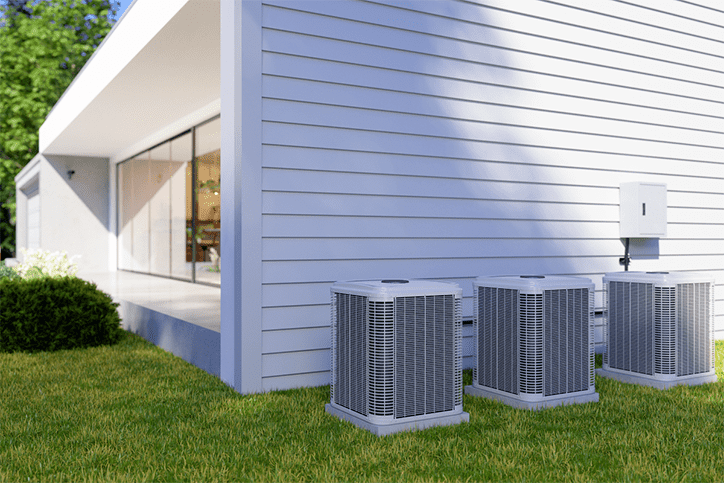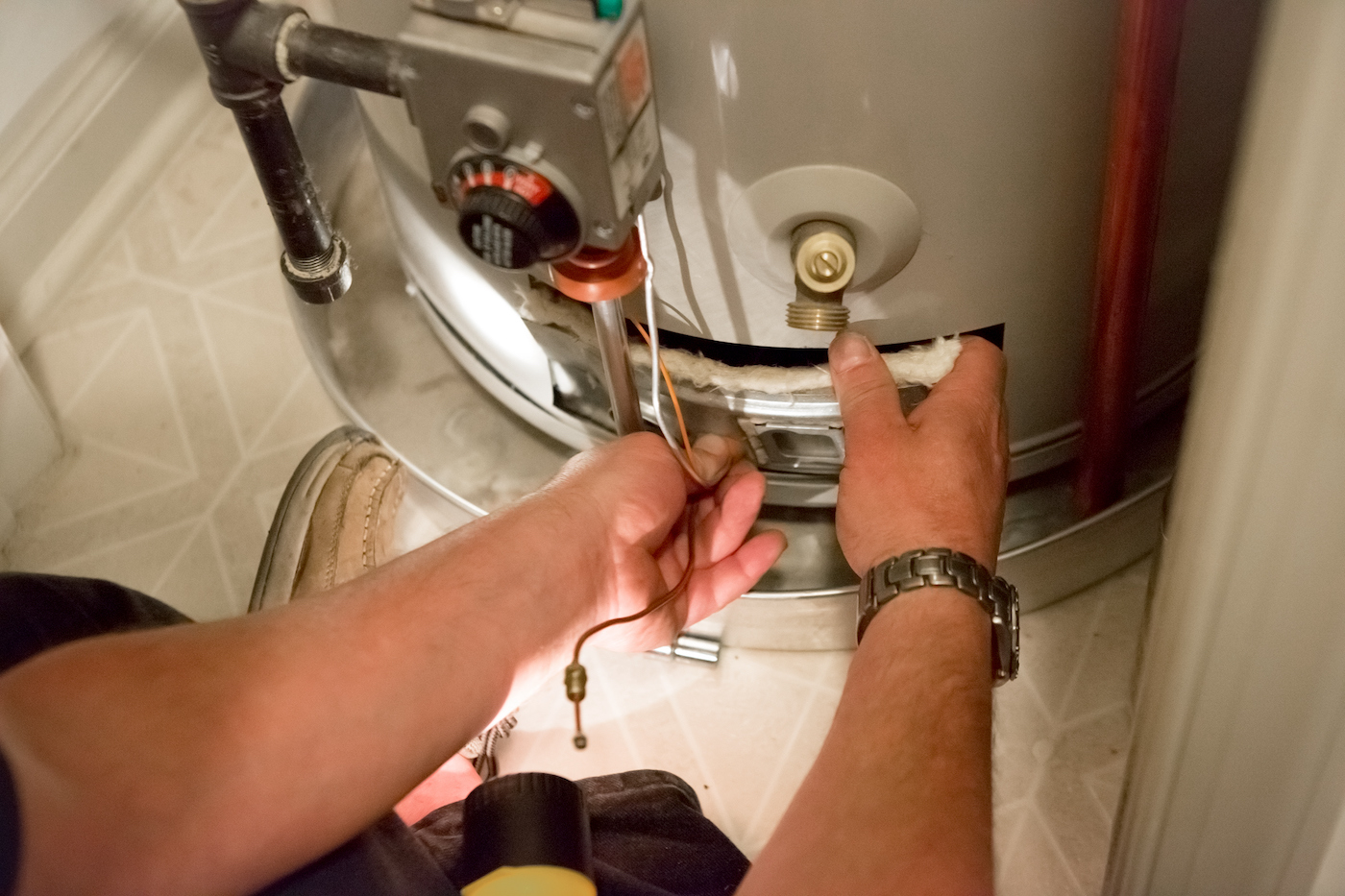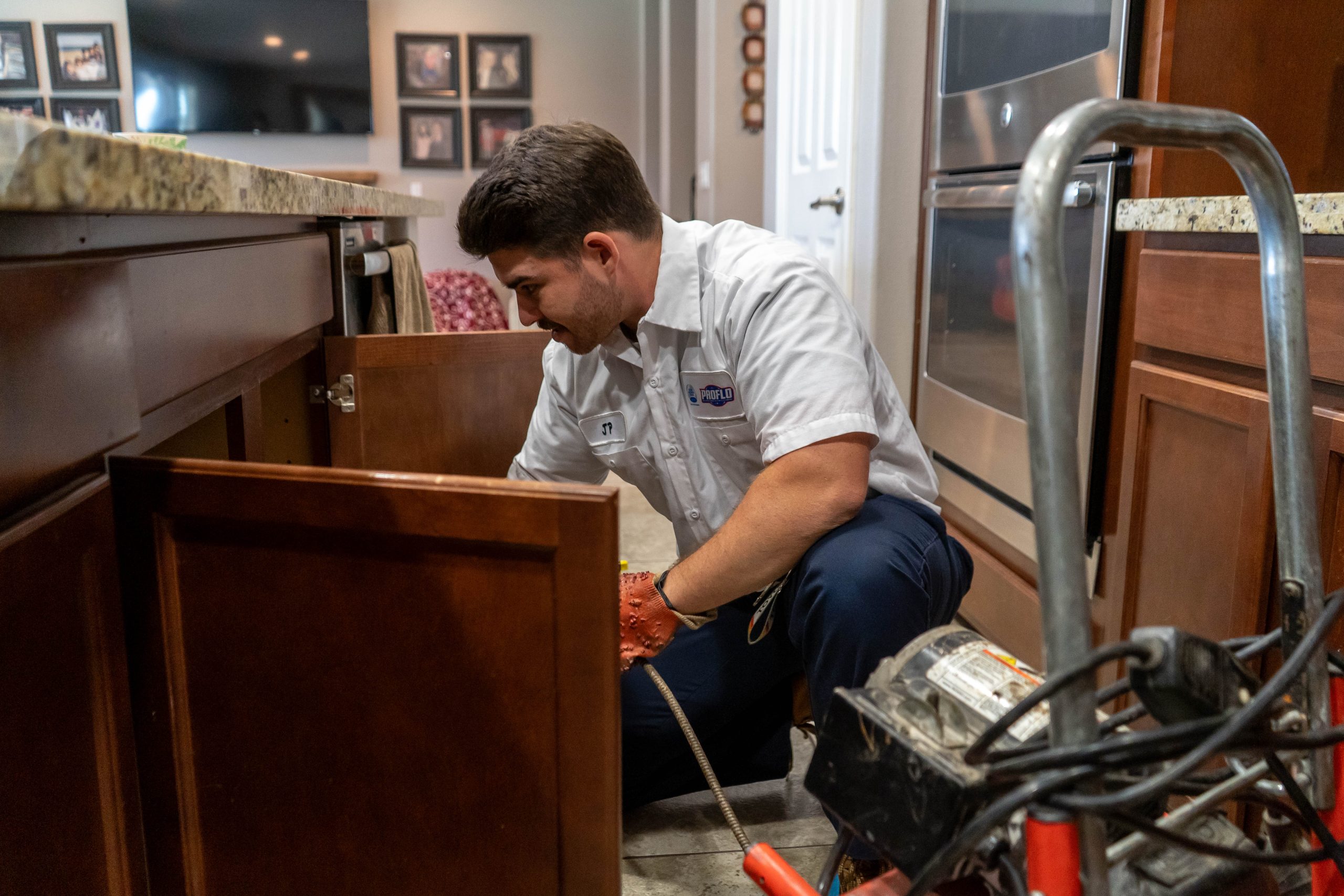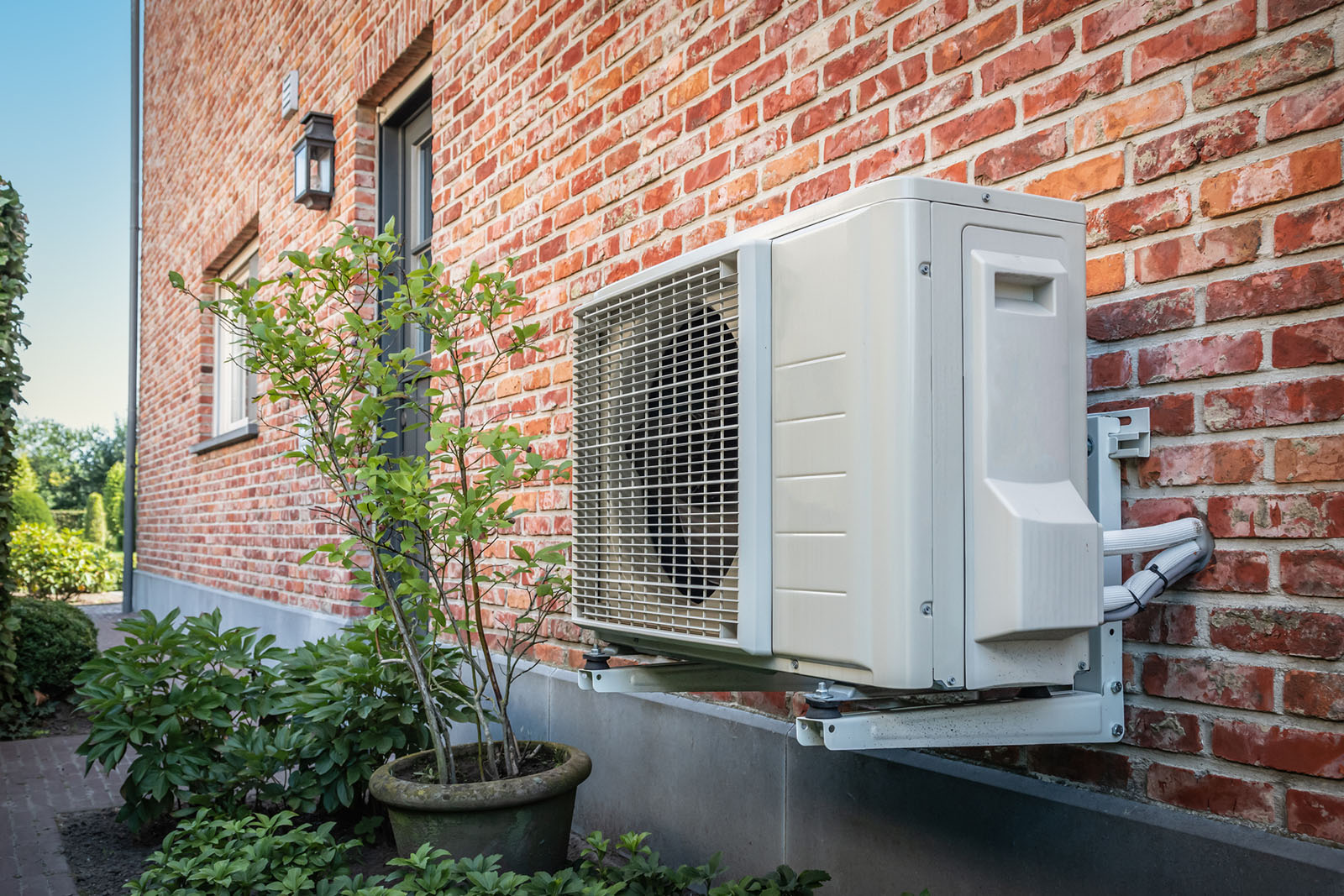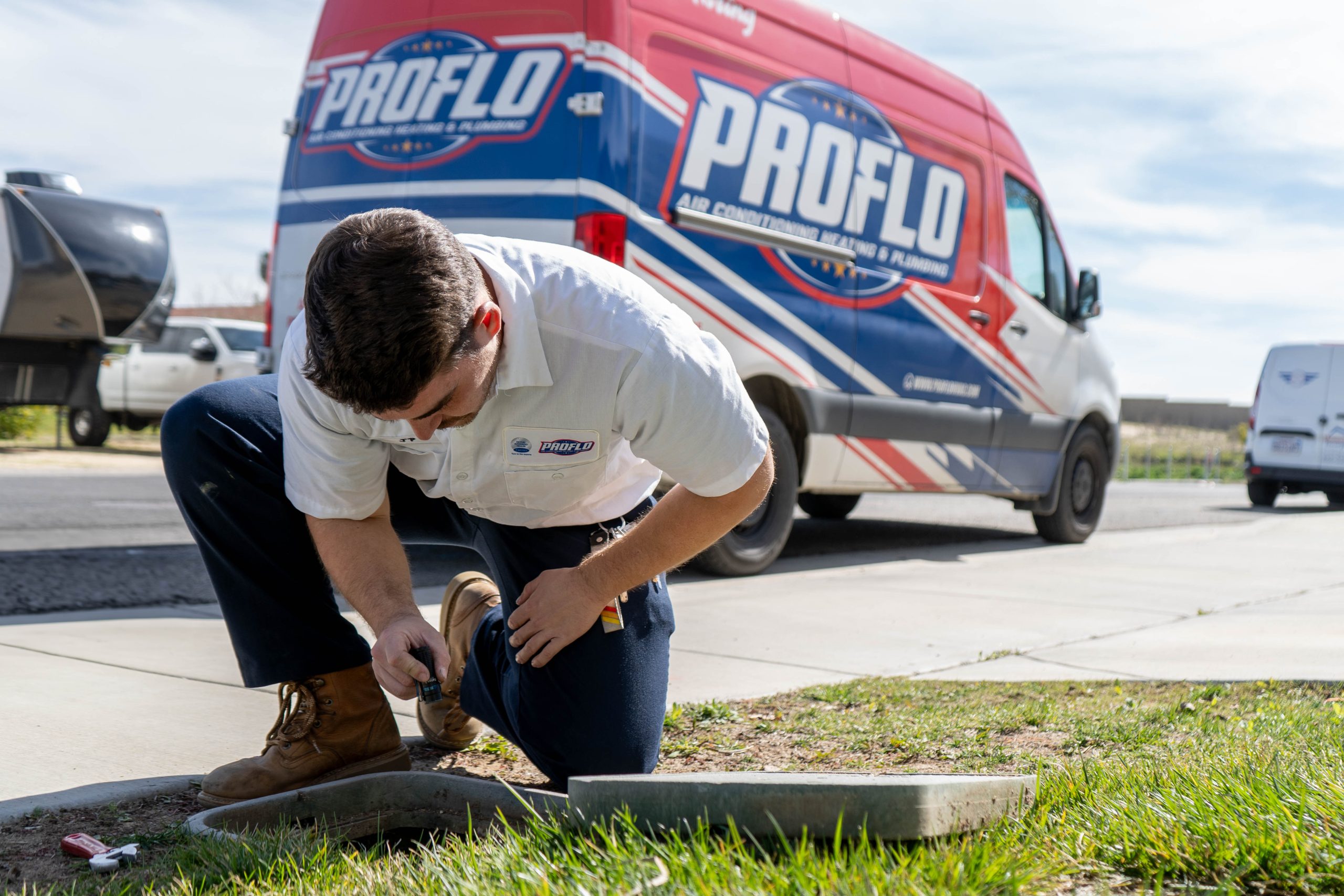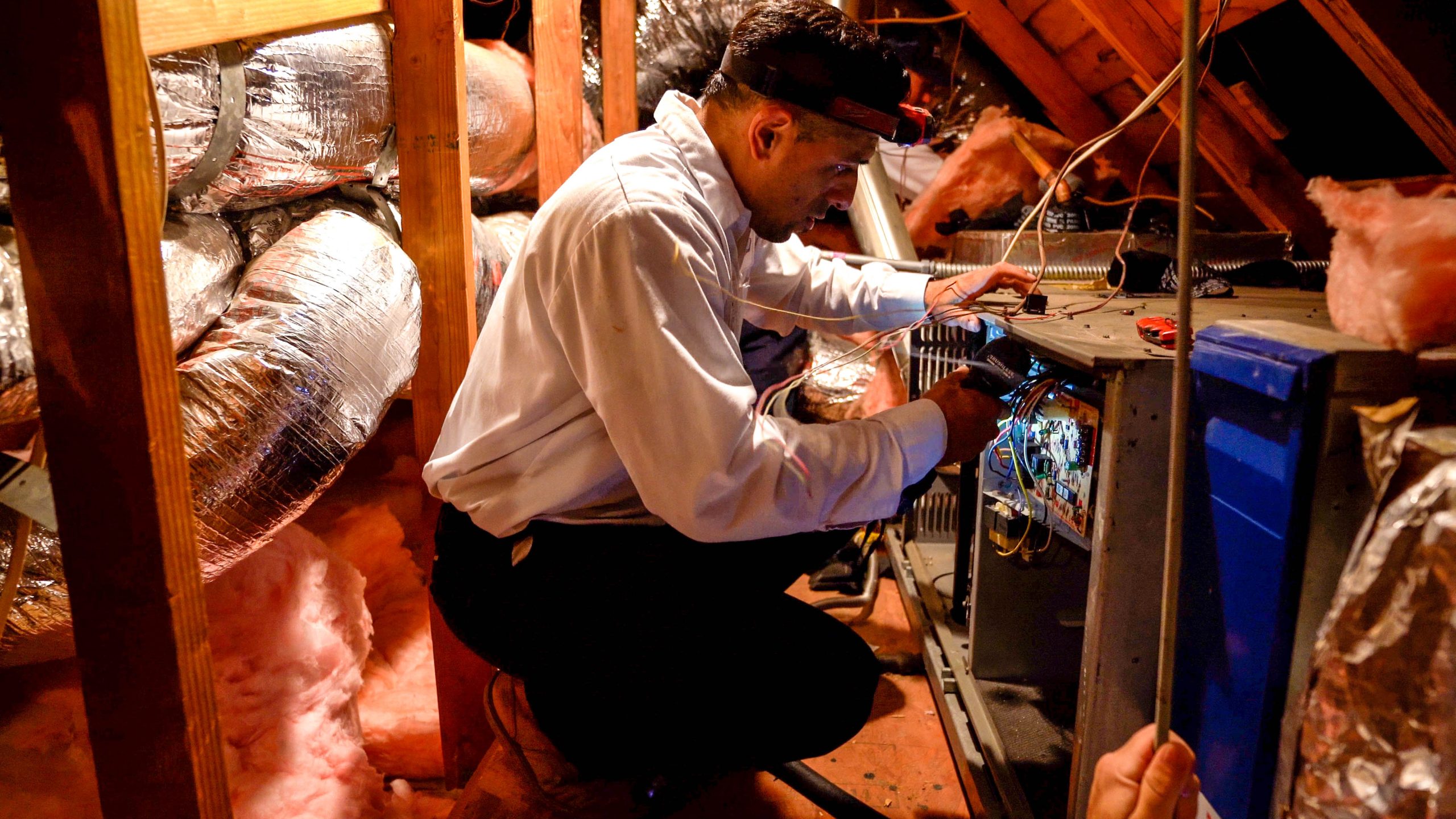What Are SEER Ratings, and How Do They Affect Your HVAC Maintenance?
May 31, 2023
When planning to upgrade your HVAC system, one of the most important factors to keep in mind is its SEER rating. Knowing the SEER rating of the HVAC system you plan to put in your home will help you measure its efficacy and create an HVAC maintenance plan that meets your needs. Keep reading for everything you need to know about SEER ratings and the impact that the SEER rating of a particular unit will have on your HVAC maintenance!
SEER Ratings, Explained
The Seasonal Energy Efficiency Ratio (SEER) rating system was developed in 2008 by the Air Conditioning, Heating and Refrigeration Institute (AHRI) to identify the efficiency of a particular HVAC system. Recently, new laws have been put into place requiring HVAC units to have specific minimum SEER ratings. This helps the consumer to save money on air conditioner repair as well as extend the life of their air conditioner or HVAC unit.
How To Decipher SEER Ratings
A SEER rating measures how efficient your HVAC system is by calculating the total cooling output during a regular season and dividing it by the total electrical input during the same period. Simply put, a higher SEER rating equates to a more energy-efficient air conditioner.
One of the most important things to consider when installing a new air conditioner is its SEER rating. This is because a high SEER rating not only reduces your carbon footprint and has a positive impact on the environment, but also because the HVAC unit will use far less energy, thus reducing monthly energy costs.
Why Are SEER Ratings Important?
The SEER rating of your HVAC unit is imperative for many reasons, both financially and in terms of your personal comfort. Here are some of the benefits of selecting an HVAC unit with a higher SEER rating:
- A higher SEER rating means increased comfort for you and your loved ones. HVAC systems with higher SEER ratings can provide more comfort than those with lower ratings since higher-efficiency systems offer two-stage or variable-speed heating and cooling. This allows for fewer temperature dips and spikes, even at the unit’s lowest settings.
Conversely, when you choose an HVAC system with a lower SEER rating, the system is single-stage and already operating at full capacity. These units struggle to adequately heat and cool most homes and can be spotty and even cause your home to have increased levels of humidity. Choosing a system with a higher SEER rating is ideal for you and your family to have optimal comfort in your home, saving you time and money in air conditioner maintenance in the long run.
- Investing in an air conditioner with a higher SEER rating will amount to less service and repairs needed on your air conditioning unit. The costs that you may spend on air conditioner repair for a unit with a lower SEER rating may ultimately end up costing you the same or even more than it would purchase a higher-quality HVAC unit. You may even have to end up replacing the air conditioning unit sooner – which is why it is always more sensible to make the investment in an HVAC unit with a higher SEER rating.
- If you purchase an HVAC unit with a higher SEER rating, you may qualify for tax credits. When you install an HVAC unit with a minimum SEER rating of 16, you are eligible to receive a federal tax credit. This applies to split systems as well.
AC Service Near Me In Murrieta, CA
ProFlo is proud to provide air conditioner service, repair and maintenance to Murrieta and its surrounding areas. We take pride in our reputation as Murrieta’s most dependable HVAC experts and consistently hold ourselves to the highest standards while staying up-to-date on all required training from our service providers. We value the comfort and well-being of our clients and strive to ensure that the HVAC system in your home meets your needs. Call us today at 951-694-1300 or fill out our contact form to schedule a consultation with one of our HVAC experts today!

















